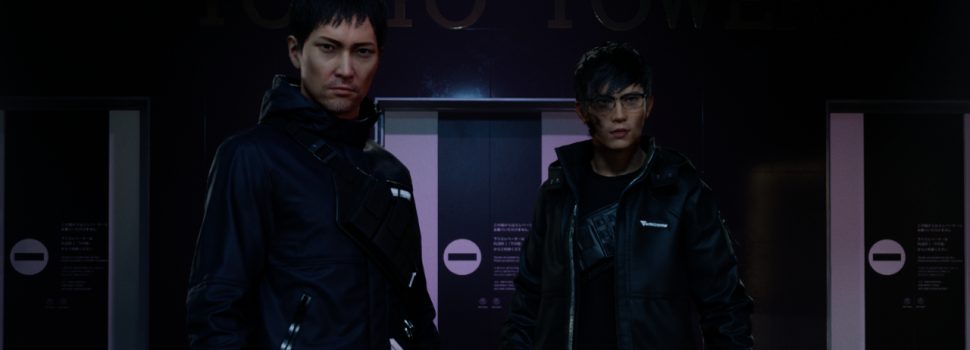
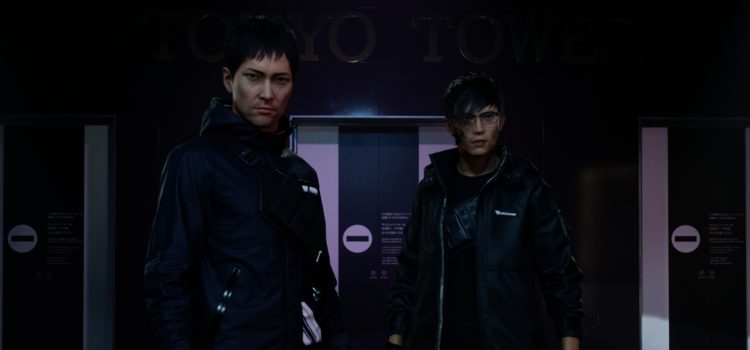
Ghostwire: Tokyo Shows Why Ghosts and Monsters Aren’t The Scariest Things in Life
GamingReviews April 19, 2022 Mecha Sushi 0
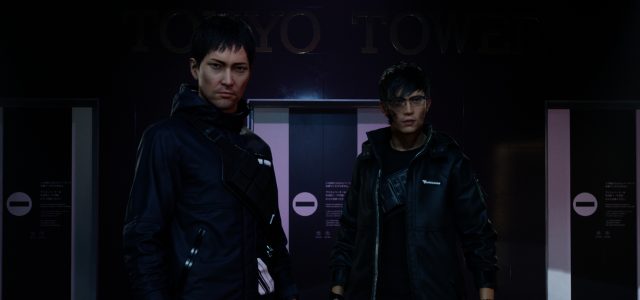
SPOILER WARNING: This article talks about the ending of Ghostwire: Tokyo. If you don’t want to know the whole story just yet, bookmark this page and come back to it after you’ve finished the game.
When you first pick up Ghostwire: Tokyo, you’ll most probably find Visitors—those other-wordly faceless creatures walking around Shibuya—creepy and unnerving. As you progress through the game you get to meet more sinister versions of them but they aren’t the scariest things in this Bethesda-Tango Gameworks collaboration.
READ: Ghostwire: Tokyo Review
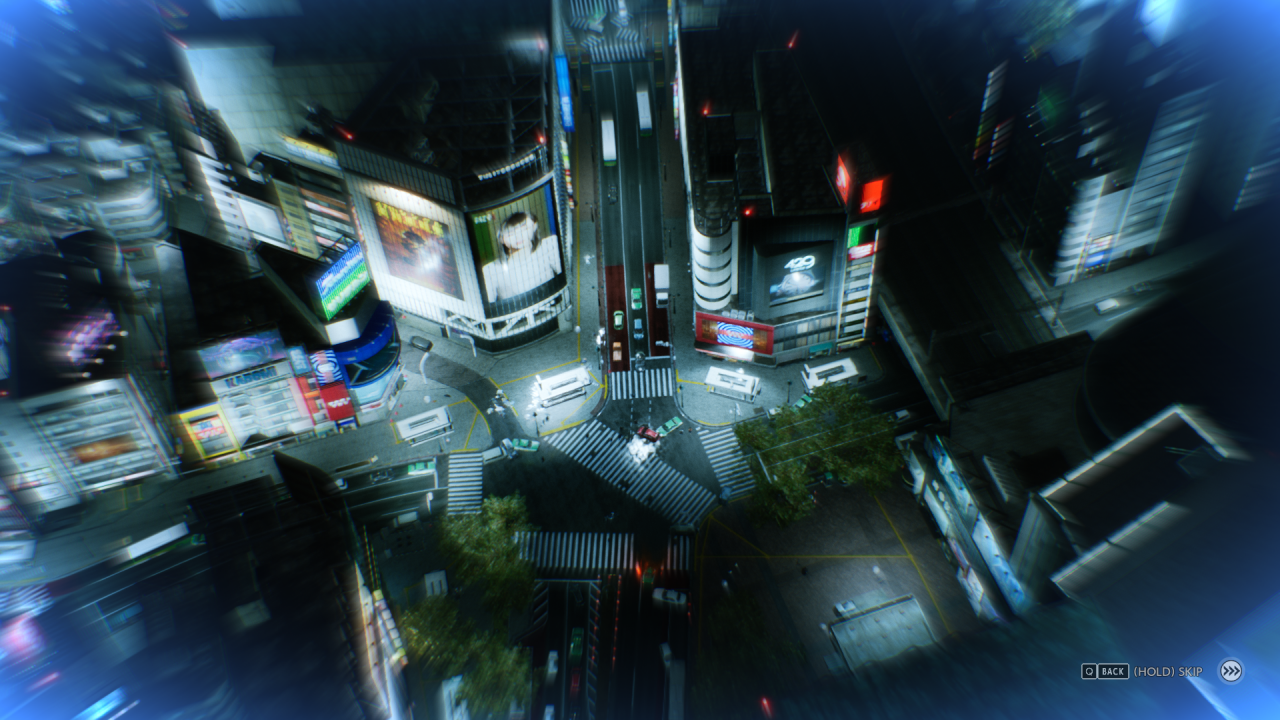
Probably one of the most disturbing things about Ghostwire: Tokyo is the relevance of its commentary on capitalism and consumerism, and how these can push people to dissatisfaction, selfishness, and malevolence. Alexis Ong’s review of the game on The Washington Post points out how Visitors are products of the toxic side of this culture:
“The suit-clad Rain Walker is ‘born from the hearts of those pushed to the point of utter exhaustion by their work.’ The cop Visitors have strayed from the path of justice. The Relentless Walker is a portly businessman born from ‘violent mindsets’ who drops a huge wad of money. The headless schoolkids are a pointed commentary on the overbearing structural need for children to find ‘direction’ early in life.”
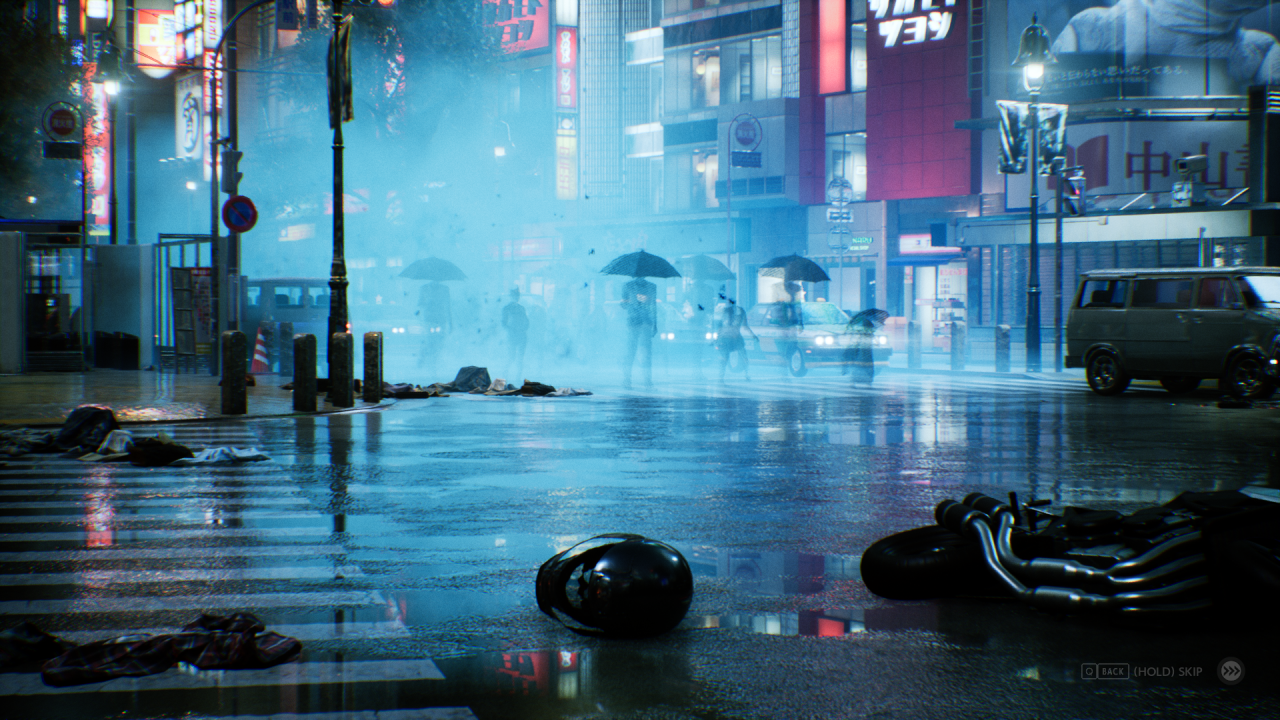
The regular Visitors have no faces (or heads), and while some of the more difficult spirits do, they all seem to be cut from the similar, empty canvas that reflect the stresses of people living in a fast-paced district where success and perfection are a must.
A few side quests even focus on this. One is about employees vanishing due to mismanagement. Another is about the destruction of an old samurai manor to make way for a new building, causing the area to become cursed.
Ghostwire: Tokyo is all about the (missing) people
Ghostwire: Tokyo’s empty Shibuya district is a glaring reminder that a city’s success is nothing without its people. While economic wheels need to continuously turn, companies should remember that workers are not faceless Visitors in suits and uniforms, going through daily routines with nothing but an empty, breakable core. Its stories warn us that losing sight of things that matter can result in misfortune and grief.
READ: Ghostwire: Tokyo Gameplay Highlights
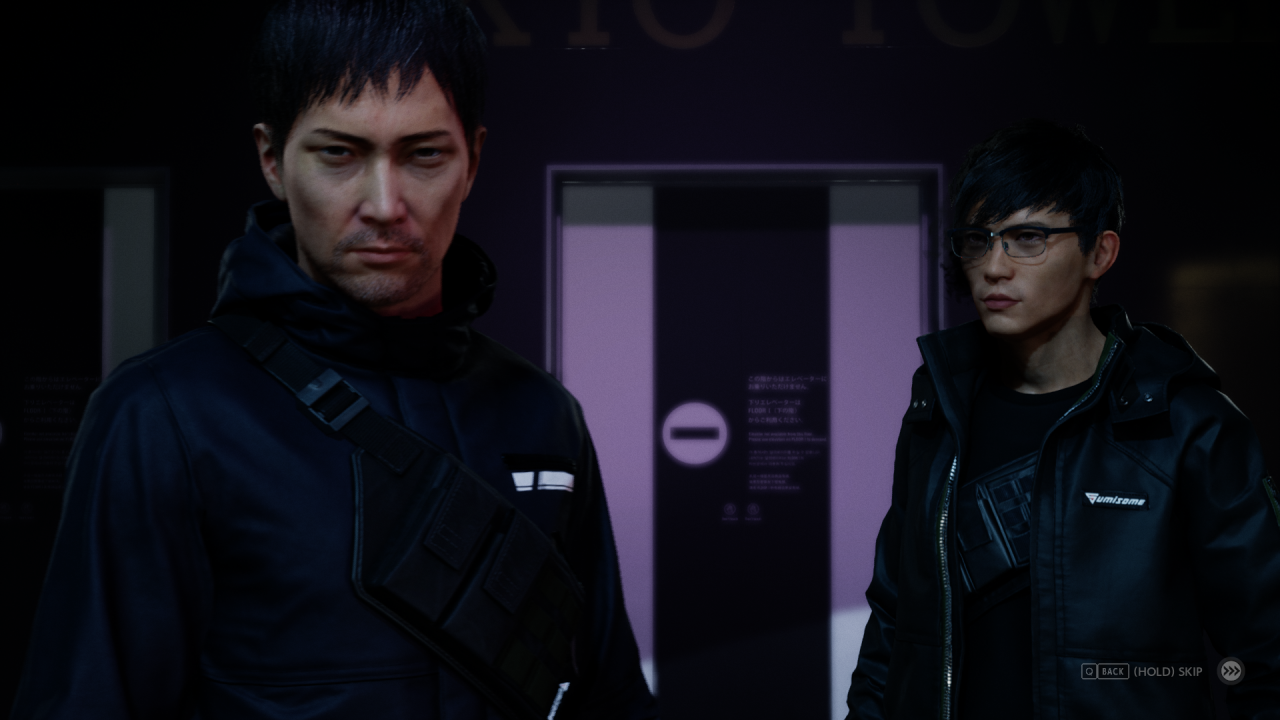
This grief, and how to process it, is the overarching theme of the game. In the beginning, the main protagonist Akito runs away from it, while his partner KK faces it by making amends. As the story progresses, their relationship becomes less utilitarian: they become friends who rely on each other as they fight their inner demons.
Ghostwire: Tokyo’s fifth and sixth chapters relay Akito’s story in beautiful and bittersweet visuals riddled with metaphors. Probably the most poignant part of the game is his journey through his own memories, from the birth of his sister Mari, to the death of his mother. As the player, you are locked out of all actions except to “press forward”, highlighting that Akito himself has no other choice but to do so.
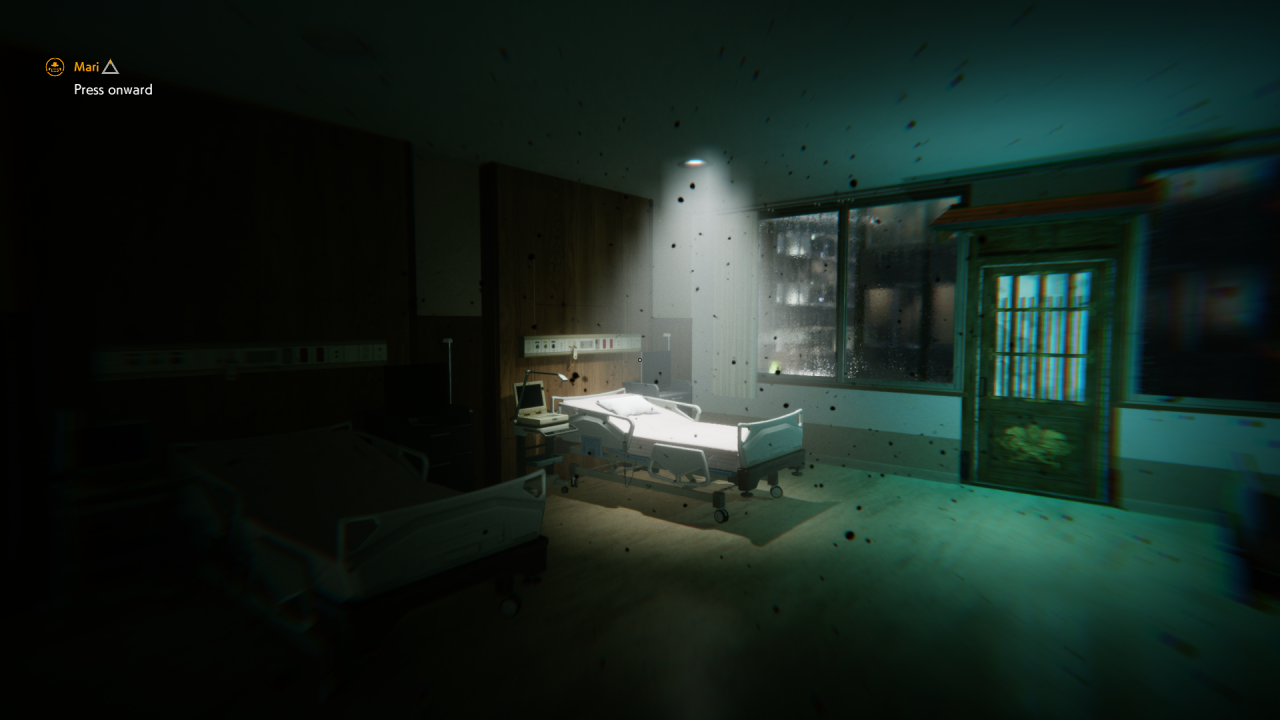
You watch him refuse the reality of his mom’s disease, even asking Mari to avoid being “too negative” about it. This also seems to be how he has dealt with his father’s passing prior to the game’s narrative; the almost cavalier attitude of “if I deny it, then it’s not real.”
Akito’s grief is born out of fear. It’s why he keeps moving from one home to another, despite Mari’s accusations that the effort isn’t about “starting over” at all. Akito feels that facing his parents’ death is acknowledging that they’re really gone, and this is the most frightening thing in Ghostwire: Tokyo—the inevitability of dealing with loss. Yet as he processes his memories in order to understand Mari’s depression, he realizes that facing pain head-on is the only way to soften it.
In a show of acceptance in the end, Akito loudly recalls the dates of his parents’ passing. Ghostwire: Tokyo is a supernatural buddy cop action-adventure that talks about processing grief both in a positive and negative light, but it also talks about hope: that everything that has a beginning must come to an end in order for something to begin again. For all intents and purposes, Akito’s situation worsens as he loses both Mari and KK, but gaining the strength to deal with it now allows him to step back into the world with a lighter heart and a new purpose.
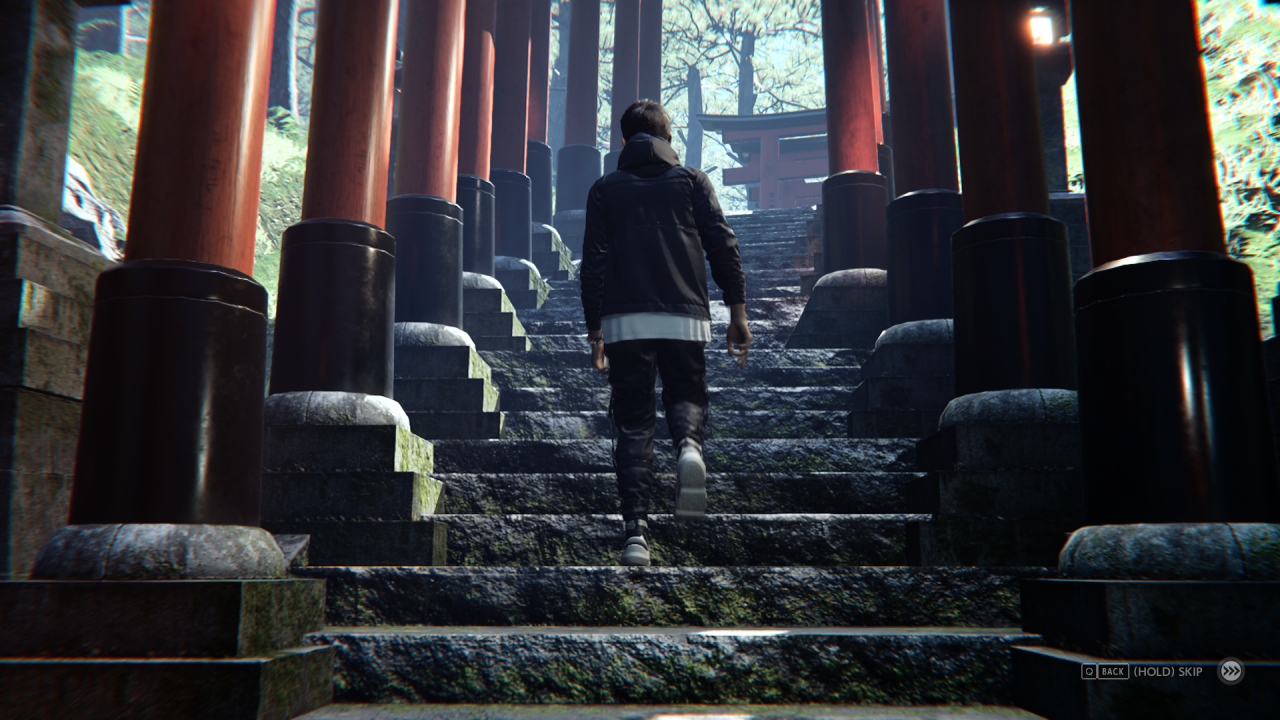
Check out more stories on gaming and gadgets!
- The ROG Strix G Series Is Now Available
- Ghostwire: Tokyo Will Make Your Paranormal Detective Dreams Come True
- The Much-awaited Samsung Galaxy S22 Ultra Is Here: Features, Pricing, and More
- Genshin Guide | National Team Comp
- Take A Look At The Very First LG Gaming Laptop













No comments so far.
Be first to leave comment below.